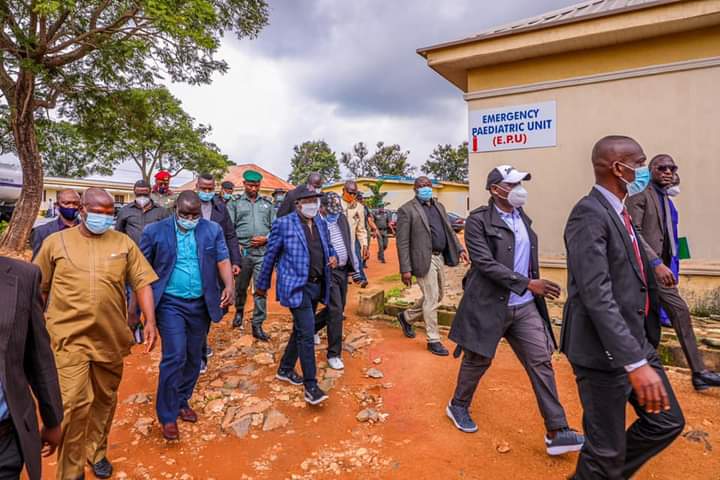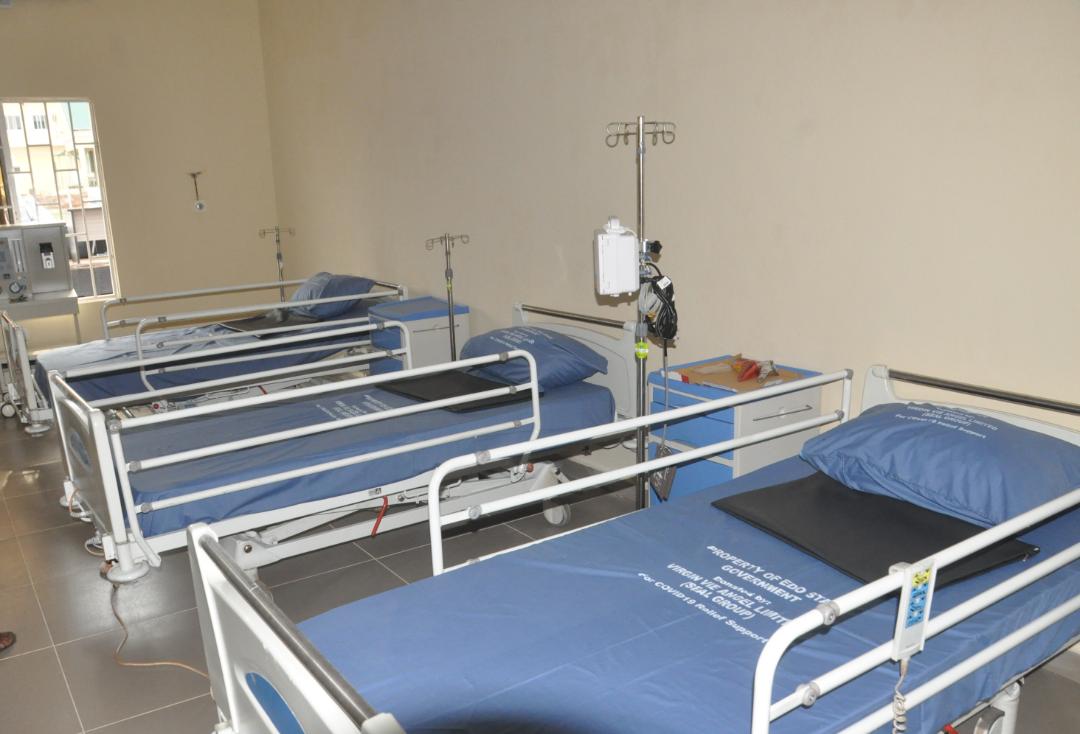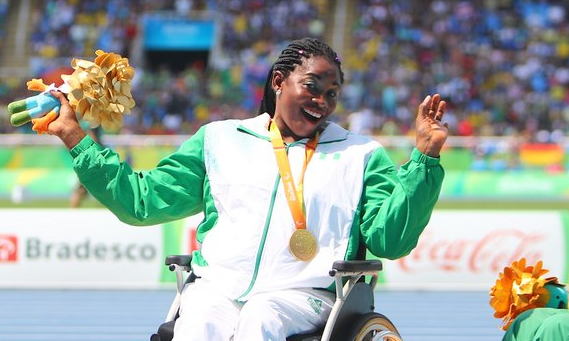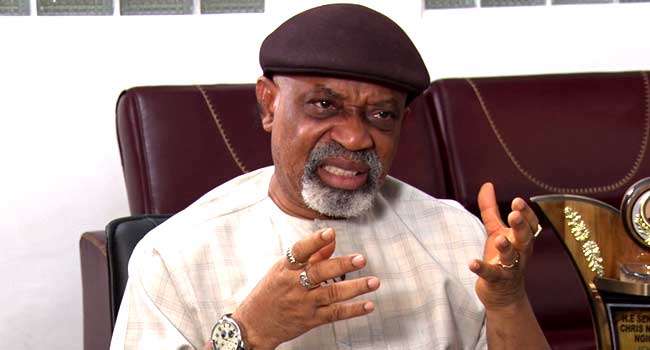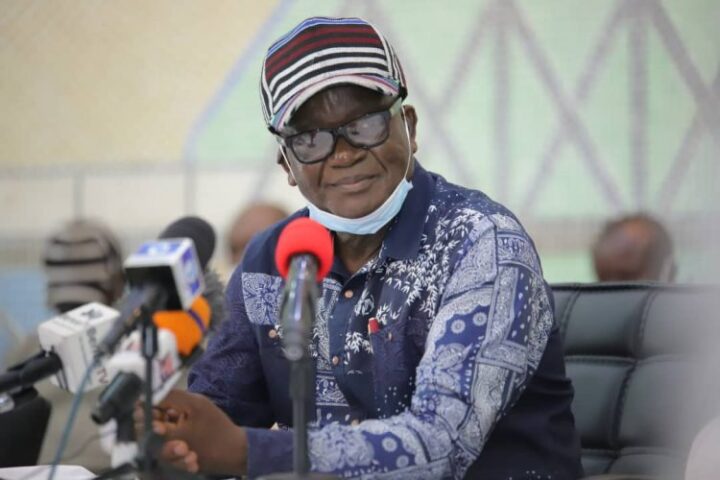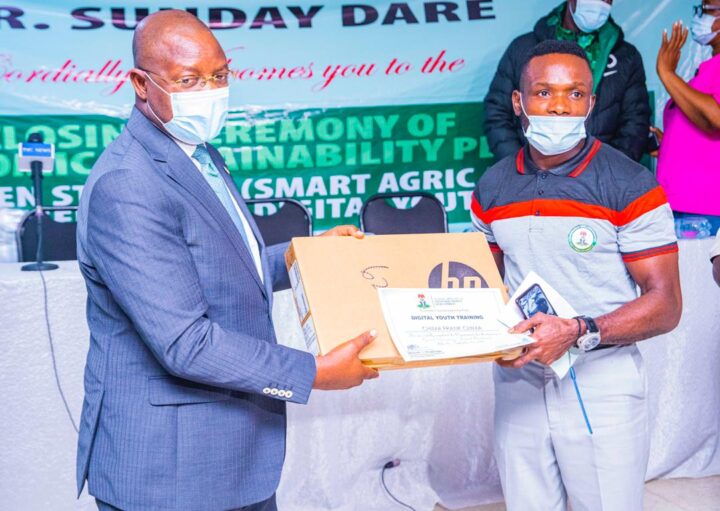Photo: Josiah Jenvulu
Three months ago, Usman Baba, inspector-general of police (IGP), ordered that the security framework in Plateau be reviewed, following intelligence reports of possible attacks.
A memo dated May 19, 2021, and signed by Idowu Owohunwa, principal staff officer to the IGP, conveyed instructions for the commissioner of police in Plateau.
“Intelligence report at the disposal of the Inspector-General of Police has uncovered plans by Boko Haram terrorists to attack major cities in the country, particularly in Jos, Plateau State and the FCT, Abuja,” the memo reads.
“The proposed attacks would be coordinated by the duo of Muhammad Sani, a Boko Haram Commander domiciled in Sambisa Forest, and his Deputy, Suleiman (fnu), hibernating around Lawan Musa Zango, Gashua, Yobe State.
Advertisement
“In light of the above, it is the directive of the Inspector-General of Police that you review your security architecture across all critical Government infrastructure and Police facilities with a view to checkmating the dastardly plans of [these] marauding terrorists.”
Speaking at the time, the IGP had assured residents that “the security alert, rather than becoming a source of panic to the citizens, should instead send a message of re-assurance to them about the intelligence depth capacity and operational preparedness of the Nigeria Police to preemptively deal and contain any threat to public peace and security”.
But in the months since the directive, the attacks in Plateau have taken a brazen dimension.
Advertisement
‘OVER 100 KILLED IN THREE MONTHS’
Between late May and August, more than 100 people have been reportedly killed in attacks on different communities.
Four days after the IGP’s memo, 14 people were confirmed dead in Dong and Kwi communities after separate attacks on May 23. The victims included children. On June 1, Christopher Dega, senior special assistant to Samuel Ortom, governor of Benue, on security matters, was killed by gunmen.
Three weeks later, 12 people were killed in Sabon Layi village, Kuru community, in Jos South. Another attack on July 31 in Bassa LGA left five people dead.
Advertisement
One day after the July 31 incident, several buildings were razed, while 12 people were killed in an attack on Tambora in Riyom LGA.
On August 14, an attack on travellers at the Rukuba highway in Jos North LGA left 22 people dead and several others injured. Three days later, five people were said to have been killed in a fresh attack on Chando-Zrechi village in Miango district of Bassa LGA.
On August 23, a police inspector and a local vigilante were reported dead after an alleged attack by gun runners in Kwo village, Mangu LGA. Hours later, on August 24, a total of 36 fatalities were reportedly recorded when gunmen invaded Yelwa Zangam in Jos in a night raid.
UNIJOS SUSPENDS ACADEMIC ACTIVITIES AS STATES EVACUATE INDIGENES
Advertisement
Citing the spate of attacks, the University of Jos (UNIJOS) suspended its current academic session.
“Following the unfortunate security breach that occurred in some parts of Jos which has made government to impose a 24-hour curfew in Jos North, Management of the University of Jos has approved the suspension of the ongoing second semester examinations for the 2019/2020 Academic Session,” a statement by Abdullahi Abdullahi, deputy registrar of the institution, reads.
Advertisement
“Consequently, all examinations earlier scheduled to hold between Monday August 16 and Saturday August 21, have been suspended until further notice.”
The deputy registrar, however, gave the assurance that “management is working in collaboration with the security agencies and the government, to ensure that the safety of lives and properties of members of the university community, particularly students, are adequately protected”.
Advertisement
Over the past two weeks, at least 15 states have evacuated their indigenes from Plateau – evacuees include UNIJOS students. The youngest indigene so far documented as an evacuee is a three-week-old baby who has returned to Lagos.
RESIDENTS PROTEST AS PLATEAU LAWMAKERS ISSUE ULTIMATUM TO GOVERNOR
Advertisement
Some of the attacks in Plateau have been linked to alleged clashes between Irigwe natives and Fulani indigenes.
Ugba Ogaba, Plateau police spokesperson, attributed the attacks that occurred between July 31 and August 1 to a conflict between “gunmen suspected to be Fulani militia and youth from Irigwe at Jebbu Miango, Bassa LGA”.
In an unusual turn of events, residents of Plateau, on August 25, marched to the state house of assembly with corpses of their family members. The residents asked the lawmakers to take urgent steps to bring peace to the state. In turn, the assembly gave Simon Lalong, governor of Plateau, a two-week ultimatum to restore peace to the affected areas.
In recent weeks, Lalong has held several meetings with politicians, traditional rulers, religious leaders, and community representatives as part of his government’s efforts to restore peace.
Highlighting the efforts of his administration in a state broadcast on August 30, Lalong said the attacks should be treated as “criminal activities”.
“As a result of these occurrences, I convened a high level stakeholders meeting where traditional, political, community and religious leaders gathered to brainstorm on how to bring an end to this cycle of violence,” he said.
“Thereafter, I held separate meetings with leaders of Irigwe Land as well as Fulani Community to further engage them on lasting solutions to the protracted conflict within the area. It is important to state that we have had several engagements with them in the past and made efforts to ensure that peace prevails in the area.
“Between January and July this year, the Plateau Peace Building Agency has conducted over 34 mediation engagements at community levels in Miango, Kwall, Dusten Kura, and Gyelobari Districts of Bassa LGA.
“In response to the attacks, I also held meetings with the Plateau Inter-Religious Council and directed them, along with the Peace Building Agency to swing into action by carrying out more consultations and engagements to defuse tensions, calm nerves and dig deep into the immediate and remote causes of these conflicts with a view to bringing the ugly situation to an end.
“From the engagements so far, it has again become clear that all these attacks are purely criminal activities that must be treated as such. Even though they are quickly given ethno-religious connotations, there is no justification for the killing of anyone human being. We are a society that is guided by rules which do not permit anyone to take the laws into his or her hands no matter the grievances.”
On September 1, Fulani and Irigwe leaders also agreed to sign a peace pact after a meeting with the governor.
‘SUSPECTS ARRESTED, WEAPONS RECOVERED’
A joint operation involving troops of operation Safe Haven, police, and local vigilantes has commenced across communities in Plateau. Following the August 14 attack, the IGP deployed a surveillance helicopter and a special intervention team – including officers from the counter-terrorism unit — to the state.
Speaking on efforts made by the police since the May 19 memo, the Plateau police spokesperson told TheCable that security agencies are working “seriously” to ensure peace.
“We are doing our best to make sure the state is secured and we’ll continue to do our best. On arrests made and weapons recovered, that’s left for us. We’ll give such report to the force headquarters,” Ogaba said.
“For criminals that are trying to cause problems in the state, we have arrested suspects and charged persons to court. We have also recovered weapons.”
‘SETTLER-INDIGENE DICHOTOMY MUST BE RESOLVED’
Offering recommendations, Sani Usman, a retired brigadier and former army spokesperson, said there is a need to address the underlying ethnic issues to bring lasting peace to the state.
“To start with, the protracted security challenges in Plateau state are pretty worrisome and disturbing to every peace-loving person in the state, Nigeria and beyond. Therefore, there is a need for all hands to be on deck to ensure that lasting peace reigns on the plateau,” he told TheCable.
“There is no doubt that the conflict in Plateau state is essentially an ethnopolitical identity issue. Some ethnic bigots are fuelling the trouble, particularly in Jos. They hate to see anyone who can identify and deal with it decisively, hence the clandestine antagonism against the military and security forces in the state.
“I also firmly believe that the recent attacks could have been avoided by taking more proactive measures to mitigate the perennial conflicts among the components of the state. The inability to decisively deal with all those found guilty in previous conflicts over time is one of the causes of the lingering security problems.
“As noted earlier, the problems of insecurity on the plateau are caused by a combination of many factors. But the most important is ethnicity and tribalism, or better still, that of identity. Unless the point of the settler-indigene dichotomy is resolved, we will continue to move in a vicious cycle in that state.”
While urging stakeholders to ensure that the rule of law is respected, Usman added that each resident, irrespective of ethnic affiliation, should be given a sense of belonging.
“Let there be the rule of law, fairness and justice. Every resident should be given a sense of belonging, and all should learn to accommodate each other to return to the state as a home of peace and tourism as it was known in the past,” he said.
“However, the government has a tremendous role to play by bringing all together, to preach peace and address the issue of criminality, youth restiveness, and unemployment.
“Specifically, the state government should embark on massive constructive engagements through dialogue, sensitisation and enlightenment of the citizenry on the need for peace, post-conflict management and reconstruction efforts.
“The peacebuilding efforts should include the constitution of a justice and truth reconciliation panel, implementation of the panel’s inquiries, prosecution of arrested offenders, and stakeholders’ engagement.
“There should be improved capacity building and institutional developments in the state and public administration reforms and good governance, inclusive of citizen-centred policies. Indeed, the federal, in conjunction with state governments, should embark on both local and regional security architecture, poverty reduction and youth empowerment programmes.
“The traditional, religious, and opinion leaders should also preach peace and counsel the people on the need for peaceful and mutual co-existence. The people should understand that the solution to the perennial crises lies with them. No one can impose peace on them; therefore, they must understand that and work towards it.”
